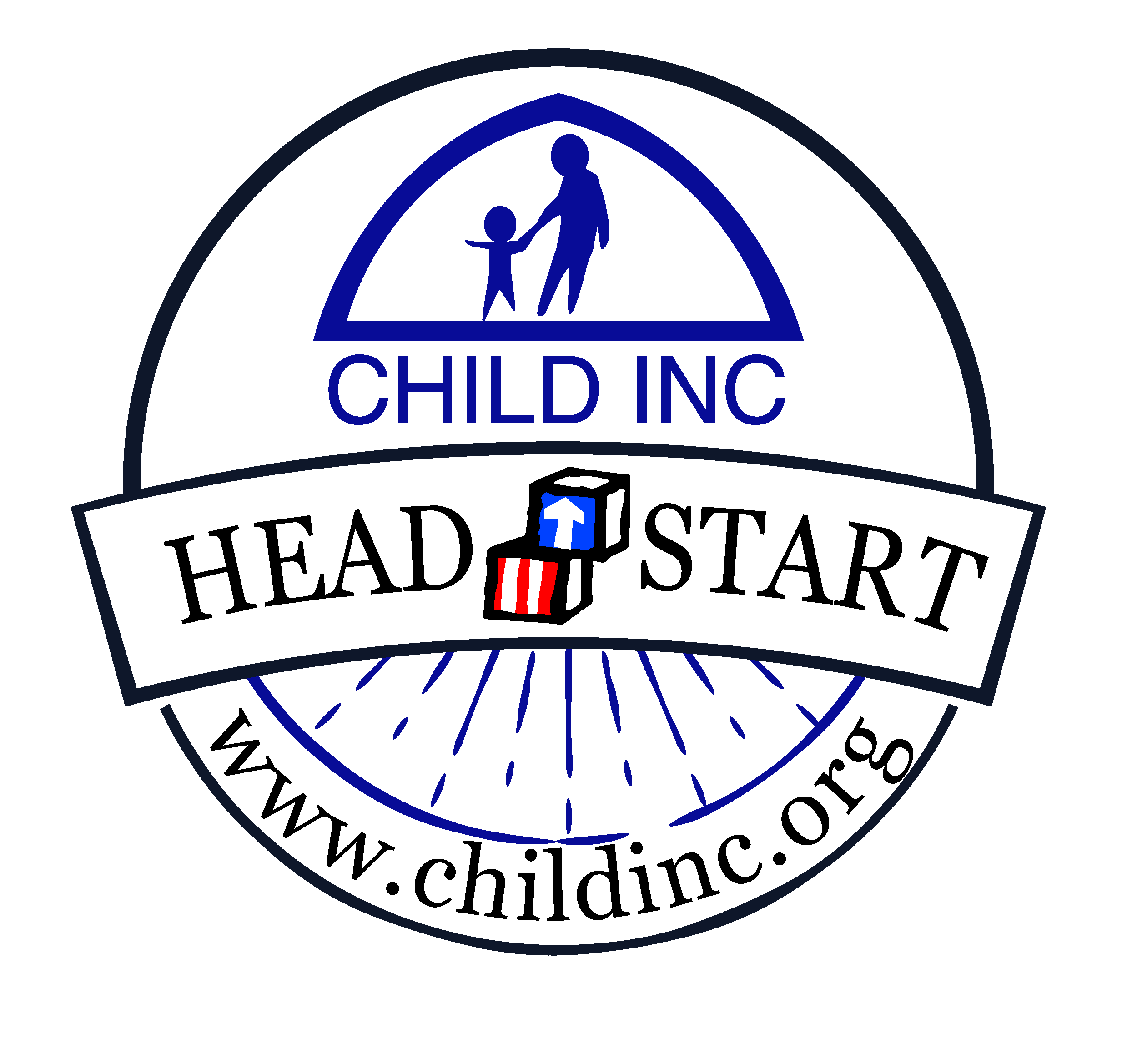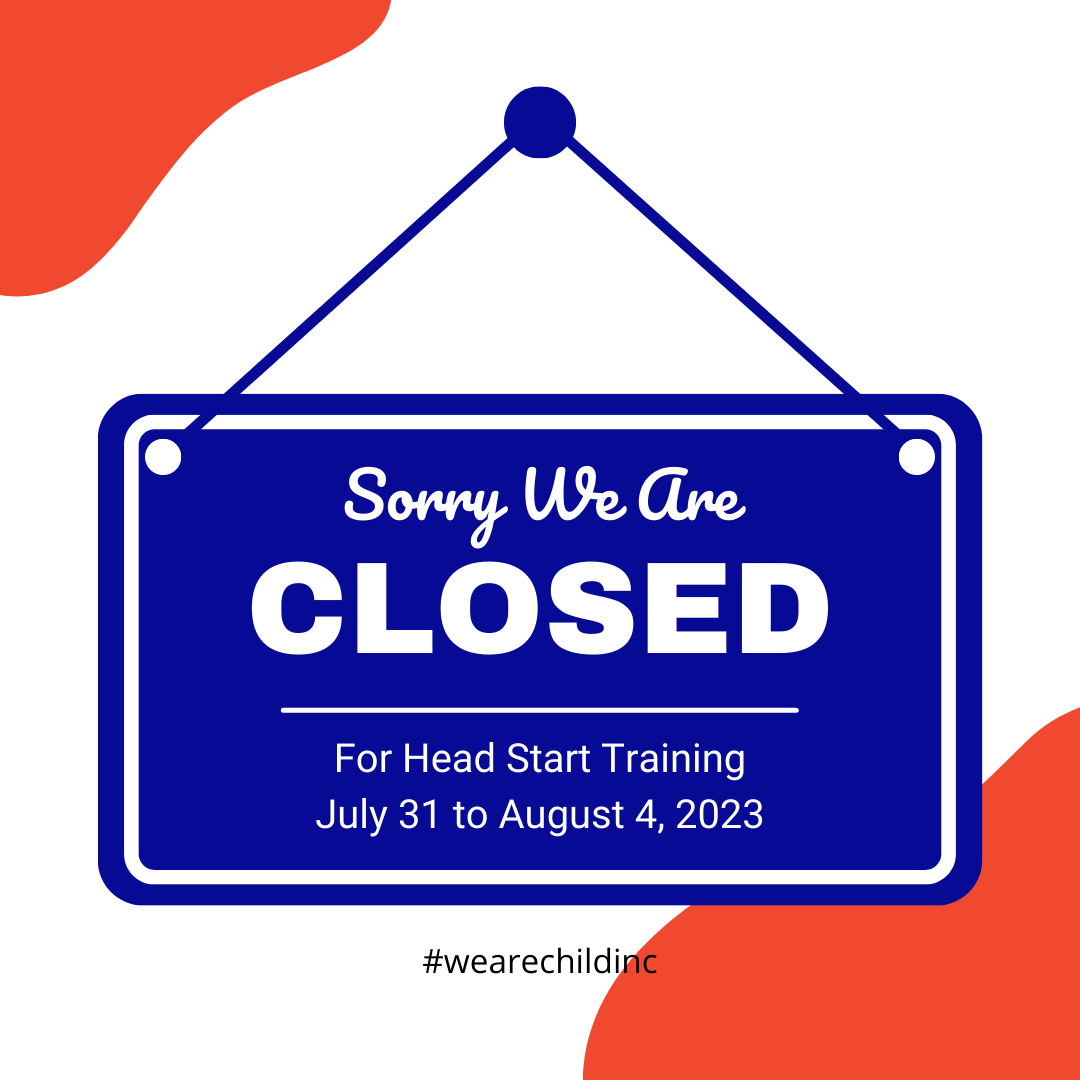Continuing education for Head Start teachers is crucial for the success and effectiveness of our program as we focus on best practices delivery:
- Professional Development: Continuing education provides opportunities for Head Start teachers to enhance their knowledge and skills.
- Quality Improvement: Ongoing education ensures our teachers stay up-to-date with the latest developments in the field of early childhood education. A
- Individualized Learning: Every child is unique, and a well-trained teachers can better adapt their teaching methods to meet the diverse needs of the children in their care. Continuing education equips our staff and teachers with the skills to provide individualized attention and support, fostering optimal development for each child.
- Classroom Innovation: Engaged and informed teachers are more likely to explore innovative teaching approaches and incorporate new educational tools and technologies into their classrooms.
- Child Outcomes: The quality of teacher-child interactions is a critical predictor of positive child outcomes in early childhood education programs. By investing in the professional development of Head Start teachers, the program can increase the likelihood of children reaching developmental milestones and preparing them for success in kindergarten and beyond.
- Program Compliance: Continuing education helps ensure that teachers remain compliant with these requirements, leading to program accountability and sustainability.
- Program Effectiveness: High-quality early childhood education has a long-term impact on children’s academic, social, and emotional development. Well-trained teachers are better equipped to create nurturing, stimulating environments that support children’s growth and success.
- Retention and Job Satisfaction: Offering opportunities for professional growth and development can increase teacher job satisfaction and reduce turnover rates. Teachers who feel supported and valued are more likely to stay committed to the program, leading to greater continuity and stability for the children we serve.
- Community Engagement: Continuing education can also facilitate collaboration and networking among Head Start teachers. This interaction can lead to the exchange of ideas, experiences, and best practices, fostering a stronger sense of community within the program.
We are excited to welcome our new families and children for the 23/24 Head Start year!


